The developments in the Russia-Ukraine conflict and the situation surrounding the Kakhovka dam collapse, the US Vice President's statement regarding the Israeli judiciary, China's reaction to the news that the US Secretary of State is about to visit Beijing... are some of the notable international events.
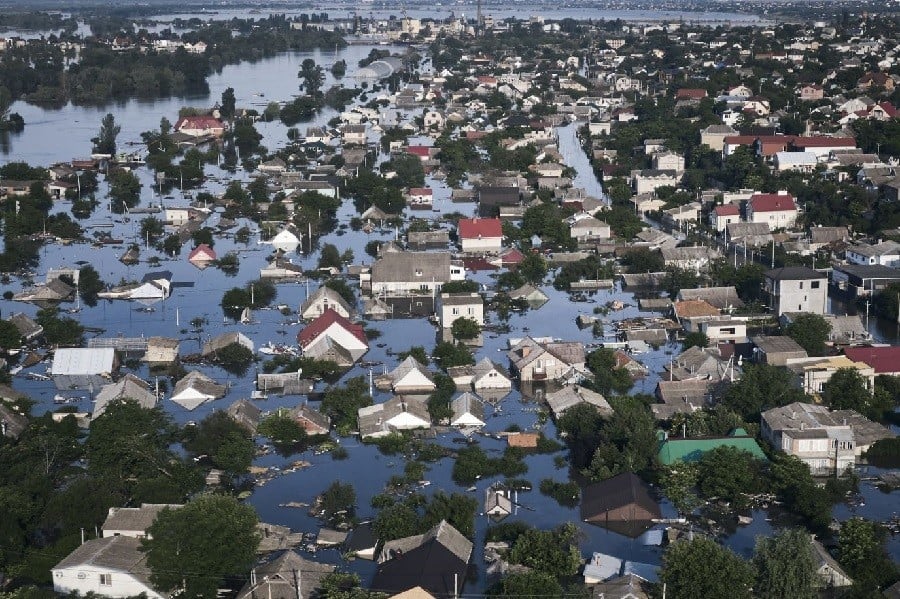 |
| Flooded areas in Kherson, Ukraine, on June 7, after the Kakhovka dam collapsed. (Source: AP) |
The World & Vietnam Newspaper highlights some of the day's international news highlights:
Russia-Ukraine
* Russia needs to launch a counterattack against Ukraine as Kiev appears to have launched a similar action, according to Deputy Chairman of the Russian Security Council Dmitry Medvedev on June 7.
"The enemy has long promised a major counterattack. And it seems that Ukraine has started something. We must stop the enemy and then launch an attack," Medvedev said in a post on Telegram . (Reuters)
* Russia wants investigation, Ukraine demands lawsuit over Kakhovka dam collapse: On June 7, Russian Foreign Ministry spokeswoman Maria Zakharova said that the Kakhovka dam collapse should become the subject of a worldwide study and investigation.
Referring to the reaction from the West when blaming Russia for the incident and condemning it, the Russian diplomat said: "Their reaction in any such situation is 100% predictable. It is an endless desire to blame Russia for everything that happens, regardless of whether it really happened or was just imaginary."
Meanwhile, Ukrainian President Volodymyr Zelensky said that his country plans to sue Russia at the International Criminal Court (ICC) in The Hague over the Kakhovka dam collapse as both sides accuse each other of causing the incident.
So far, Ukraine's Emergency Situations Service said it had rescued "more than 1,450 people" on the country's side of the Dnipro River, while Russian-appointed official Tatyana Kuzmich said 1,274 people had been evacuated on the other side.
* China is deeply concerned about the dam destruction in Ukraine, worrying that the incident will "affect human life, the economy and ecology".
Chinese Foreign Ministry spokesman Wang Wenbin said: "The destruction of one of the largest reservoirs in Ukraine was completely intentional... Hundreds of thousands of people have been left without drinking water."
Earlier, China's Ambassador to the United Nations (UN) Zhang Jun called on all parties to exercise maximum restraint in both words and actions that could further escalate the situation following the Kakhovka Dam explosion, warning that in the event of a nuclear disaster, no one would be immune.
The UN described it as “another devastating humanitarian, economic and ecological consequence” of the conflict, with at least 16,000 people displaced – with the supply of clean and safe water at risk for thousands more. (AFP)
* Ukraine may have to adjust its counterattack plan: On June 6, Ukrainian sources said that a meeting was held in Kiev to discuss changing the form of counterattack due to new developments from the Kakhovka reservoir dam explosion.
This is mainly related to the aim of capturing the Zaporizhzhia Nuclear Power Plant (NPP) during the counter-offensive. Control of the Zaporizhzhia NPP plays a big role in the VSU counter-offensive, Ukraine will be able to make claims to Russia.
To capture the plant, the VSU would conduct an amphibious operation and cross the Dnieper River, including underwater using diving equipment, however the rapidly drying Kakhovka Reservoir made such an operation impossible.
However, on the same day, Ukrainian President Zelensky emphasized that the dam explosion "does not affect the ability to liberate Ukraine's territories".
The Ukrainian leader said he had spoken with Ukraine's top military commanders and the country's army was at its highest state of combat readiness. (AFP)
* B9 group sets conditions for peace in Ukraine: On June 6, leaders of nine Central-Eastern European and Baltic countries, namely the Czech Republic, Slovakia, Poland, Hungary, Romania, Bulgaria, Latvia, Lithuania and Estonia, held the Bucharest 9 (B9) summit in the capital city of Bratislava (Slovakia).
The conference issued a joint statement affirming: "Ukraine's independence and territorial integrity is the only path to peace."
The B9 heads of state all stressed "firm support for Ukraine's independence, sovereignty and territorial integrity within internationally recognized borders", considering "it the only way to restore peace and rules-based order in Europe", and demanded "unconditional withdrawal of Russian troops". (The Budapest Times)
| RELATED NEWS | |
 | Kakhovka Dam Break: Floodwaters in Nova Kakhovka recede, number of missing revealed |
Europe
* Negotiations on the Black Sea grain export agreement will take place on June 9 in Geneva, Switzerland, according to Russia's RIA news agency on June 7.
The RIA news agency said that the UN's top trade official, Rebeca Grynspan, is expected to attend the talks. The agreement was initially valid for 120 days, with a 120-day extension until November 2022. On March 13, Russia agreed to extend the agreement by 60 days, until May 18.
Following talks between delegations from Russia, Turkey, Ukraine and the United Nations in Istanbul, Turkish President Recep Tayyip Erdogan said on May 17 that the agreement had been extended for two more months, starting from May 18. (Reuters)
* The culprit of the Nord Stream pipeline explosion: On June 6, the Washington Post cited online leaks saying that three months before the Nord Stream gas pipeline was bombed, the US had intelligence about a detailed plan that a group of six people from Ukraine's special forces intended to do this.
On June 7, the Russian Embassy in the US said that the above information was part of a coordinated Western plot led by Washington to "fabricate different hypotheses and versions" to confuse the world about the truth.
| RELATED NEWS | |
 | Nord Stream incident: CIA named 6 Ukrainians, has the US known about this for a long time? |
Asia
* US Vice President makes Israel unhappy: On June 6, US Vice President Kamala Harris reiterated her call for Israel to ensure the independence of the judiciary, following large protests against changes pushed by Prime Minister Benjamin Netanyahu.
“Our two countries’ values are built on strong institutions, checks and balances, and an independent judiciary… Today, under President Biden’s leadership, America has an unbreakable bond with the State of Israel,” she said.
In addition, the US Vice President affirmed that Washington will continue to support the values that are the foundation of the US-Israel relationship, "including continuing to strengthen our democracy."
Responding to the above statement, on June 7, Israeli Foreign Minister Eli Cohen said that Ms. Harris had not even read the Israeli Judicial Reform Bill, and said: "If you ask her what she is unhappy about in the reform, she will not be able to name a single provision." (AFP, Times of Israel)
* Israel threatens Hezbollah, warns of cutting ties with the UN Office for the Coordination of Humanitarian Affairs : On June 6, Israeli Defense Minister Yoav Gallant threatened to bomb Hezbollah back to the "Stone Age" if the armed movement "makes a mistake" and "starts a war against the Jewish State".
Referring to Hezbollah's many new weapons, the Israeli official stated: "For such developments, we will have an even stronger response from the air, sea and land, as well as through other offensive and defensive means."
The head of the Israeli Defense Ministry also affirmed: “Our army is excellent… We will know how to protect the people of Israel by delivering a decisive blow to our enemies.”
On the same day, Israel's Ambassador to the UN Gilad Erdan said that the country could cut ties with the UN Office for the Coordination of Humanitarian Affairs (OCHA) if the Jewish state is blacklisted for its treatment of Palestinian children. (Times of Israel)
* US Secretary of State to visit, China refuses to comment: On June 6, Bloomberg cited sources saying that US Secretary of State Antony Blinken will travel to Beijing to interact with top Chinese officials and may even meet President Xi Jinping.
On June 7, Chinese Foreign Ministry spokesman Wang Wenbin neither confirmed nor denied the news, stating: "I do not have any information to share with you on this matter."
Secretary of State Blinken was originally scheduled to visit Beijing in February, but the trip was canceled after the Pentagon detected a Chinese balloon flying through US airspace.
* South Korea announced its National Security Strategy on June 7, comprising 107 pages in Korean and 150 pages in English, outlining the current administration's policies on foreign affairs and defense, outlining goals to realize the vision of a "globally important country."
The policies were made in the context of a rapidly changing security environment, typified by North Korea's growing nuclear capabilities, intensifying US-China strategic competition, and the emergence of new security issues, such as supply chain instability and global climate change.
The key to securing the country's future lies in crafting a national security strategy that can forecast changing trends and optimize the interests of the nation and its people, the South Korean president said. (Yonhap)
* Iran officially reopened its embassy in Saudi Arabia on June 6, after 7 years of severed relations and tense confrontation between the two neighboring countries.
At a ceremony in the embassy grounds attended by dozens of Iranian officials, Iran's Deputy Foreign Minister in charge of consular affairs Alireza Bikdeli said: "Today is an important day in the relations between the two countries... Diplomacy is the best means for countries to communicate and dialogue to reach common understanding." (Reuters)
| RELATED NEWS | |
 | US-China dialogue freezes, risks spare no one |
America
* US strives to mend relations with Saudi Arabia: On June 6, US Secretary of State Antony Blinken visited Saudi Arabia to strengthen relations with its traditional ally in the Gulf, in the context of Riyadh's tendency to promote relations with Washington's rivals in the region.
A US official said that early on the morning of June 7, US Secretary of State Antony Blinken and Saudi Crown Prince Mohammed bin Salman had an "open and frank" discussion on a series of bilateral issues, from the possibility of normalizing relations between Saudi Arabia and Israel, to Yemen, Sudan and human rights issues.
The above US official assessed that at this nearly 2-hour meeting, the two sides "agreed on potential initiatives related to common interests, while also acknowledging areas of disagreement."
The two sides also discussed economic cooperation, especially in the fields of technology and clean energy. (Reuters)
| RELATED NEWS | |
 | US-Saudi Arabia: Allies not united |
Africa
* Egyptian President Abdel-Fattah El-Sisi will visit three African countries , Angola, Zambia and Mozambique, starting from June 6 to strengthen relations with these countries as well as promote economic integration at the continental level.
During the visits, President El-Sisi will meet with leaders of the three countries to discuss promoting joint African working frameworks as well as addressing various regional issues and matters of mutual concern.
As planned, in Zambia, Mr. El-Sisi and the heads of state of the remaining 20 member states will attend the 22nd Summit of the Common Market for Eastern and Southern Africa (COMESA) on June 8. (African Business)
* Rival parties resume negotiations, Sudanese army confident in results: On June 6, Al Arabiya TV channel reported that warring factions in Sudan began to resume ceasefire negotiations sponsored by Saudi Arabia and the US, in the context of continuing clashes in the capital Khartoum.
A Saudi-owned television channel confirmed that the two warring sides in Sudan have agreed to indirect negotiations, but did not provide details.
On the same day, Sudanese Armed Forces Commander Abdel Fattah Al-Burhan reaffirmed his belief that the negotiations in Saudi Arabia, under the auspices of the United States, will help achieve lasting peace for the African country.
General Al-Burhan stressed that for the negotiations to be successful, the opposing side needs to commit to withdrawing from hospitals, service centers and civilian buildings, as well as evacuating the wounded and opening passages for the transport of humanitarian aid.
| RELATED NEWS | |
 | African Union outlines roadmap to resolve conflict in Sudan |
Oceania
Fijian Prime Minister visits New Zealand after 25 years: On June 6, Fijian Prime Minister Sitiveni Rabuka officially visited New Zealand from June 5, after more than a quarter of a century.
At his Fijian counterpart in Wellington on June 7, New Zealand Prime Minister Chris Hipkins affirmed: "The two countries are bound by a close relationship forged in culture, identity and interests in the Pacific, based on our long history, friendship and mutual respect."
The two leaders exchanged views on a wide range of issues important to their countries and the region, including strengthening regional institutions that have long served the interests of the Pacific region, as well as economic and security issues affecting the region.
Mr. Hipkins also announced an additional NZ$11.1 million ($6.74 million) to support Fiji's response to the impacts of climate change. This additional funding will support Fiji's implementation of community-based climate mitigation and adaptation projects.
For his part, the Fijian Prime Minister said the visit marked an important milestone in Wellington-Suva relations, clearly demonstrating the commitment to enhancing the way both sides cooperate.
According to Mr. Rabuka, Fiji and New Zealand are finalizing a defense agreement to strengthen the commitment between the two militaries to help each other become stronger, focusing on regionalism for peace and Pacific priorities.
Source


![[Photo] Prime Minister Pham Minh Chinh chairs the second meeting of the Steering Committee on private economic development.](https://vphoto.vietnam.vn/thumb/1200x675/vietnam/resource/IMAGE/2025/11/01/1762006716873_dsc-9145-jpg.webp)







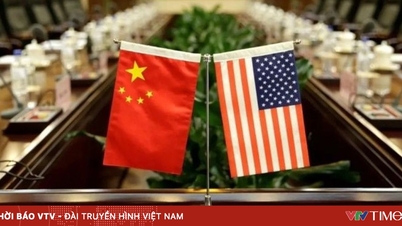



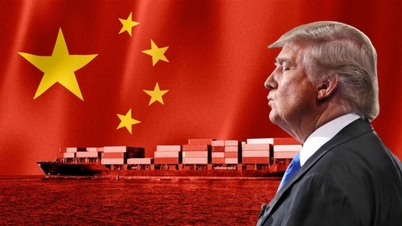





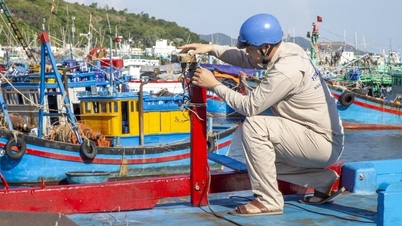
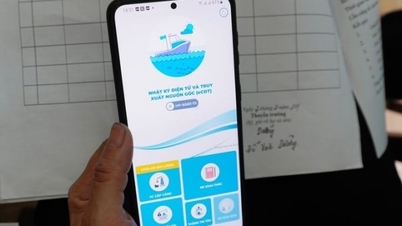

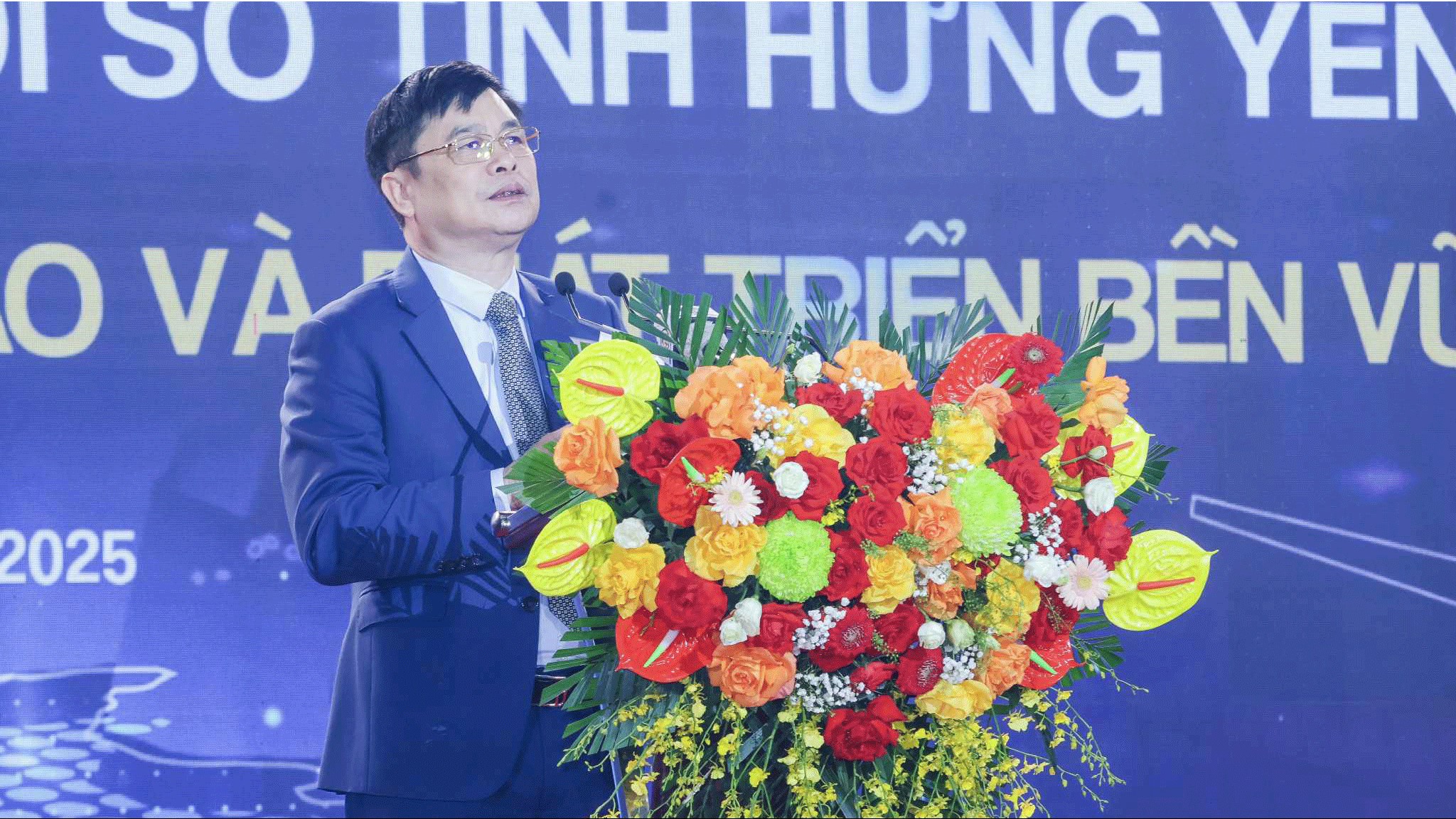





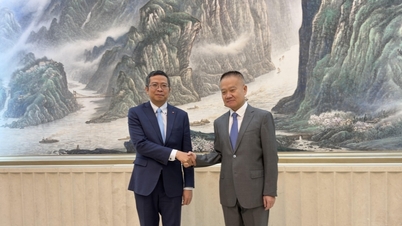

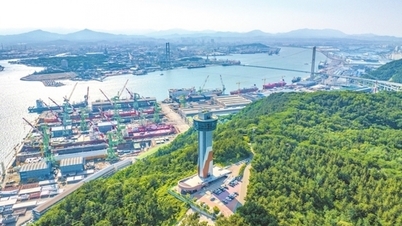
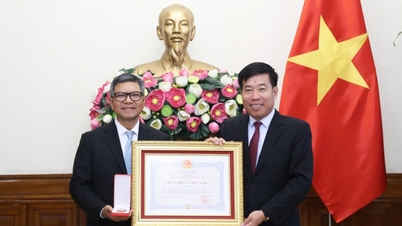

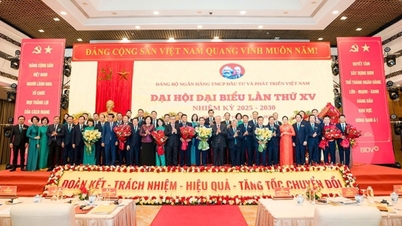









































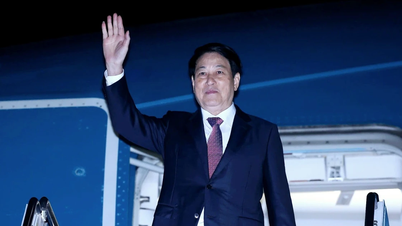



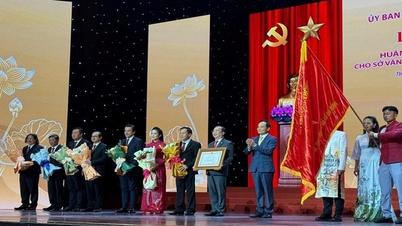
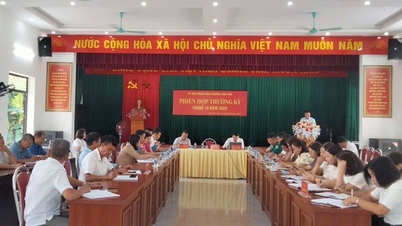





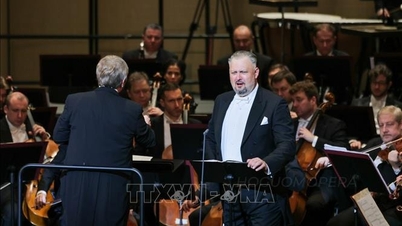



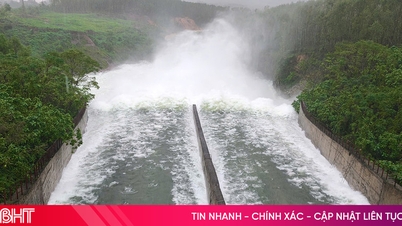

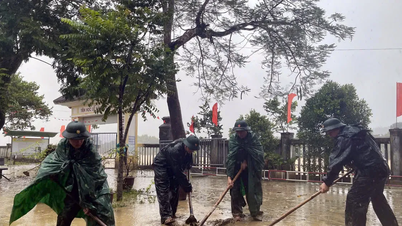



















Comment (0)